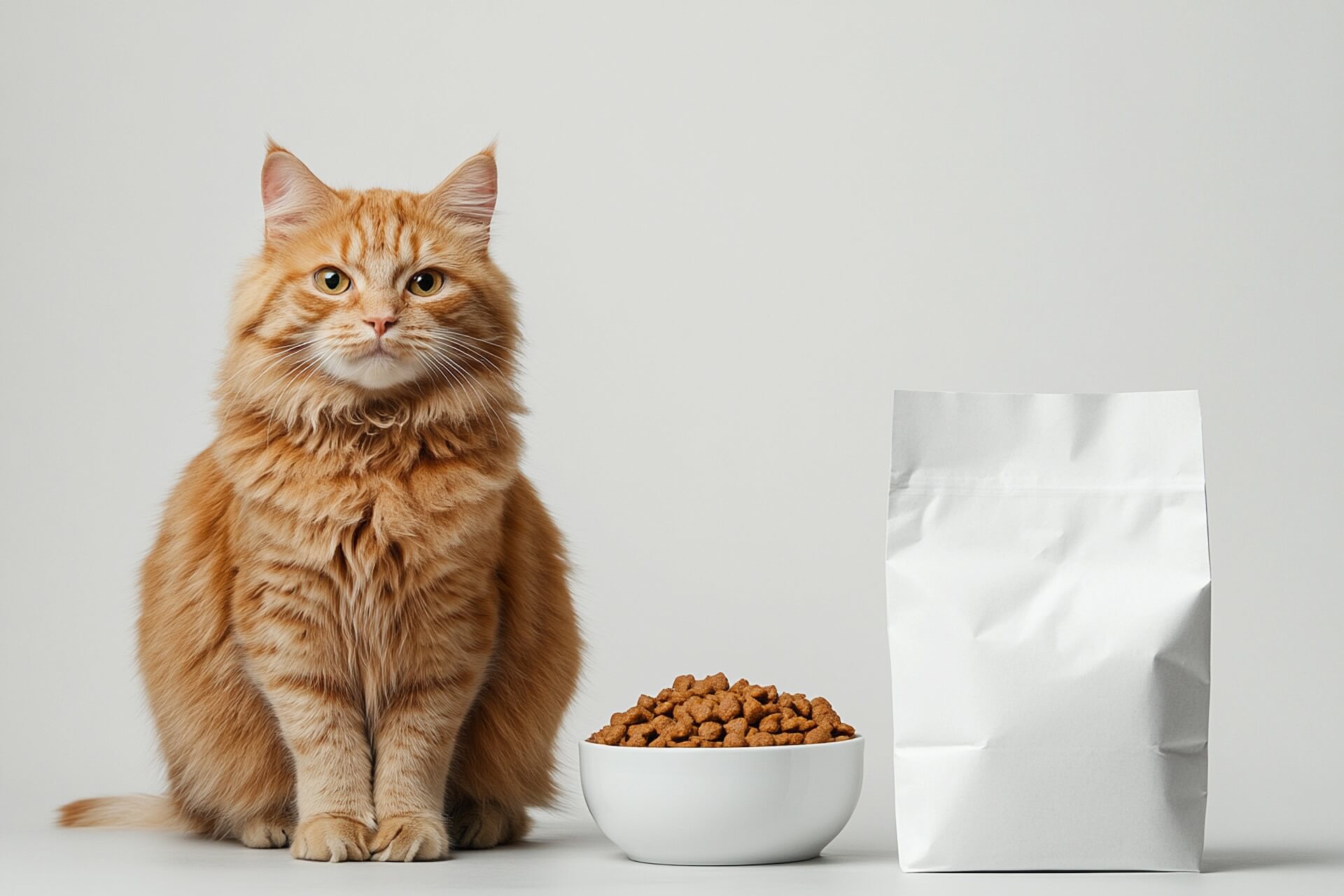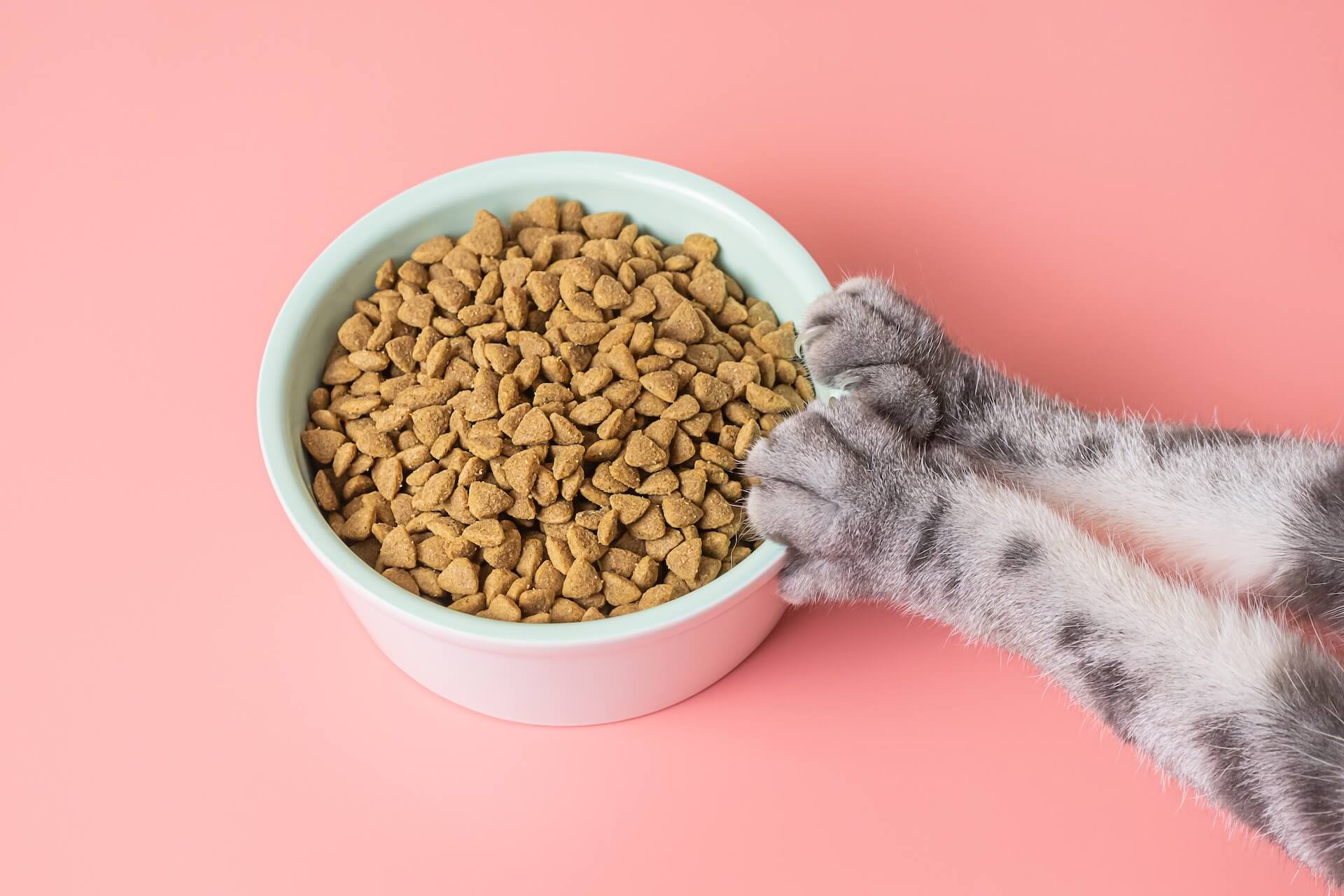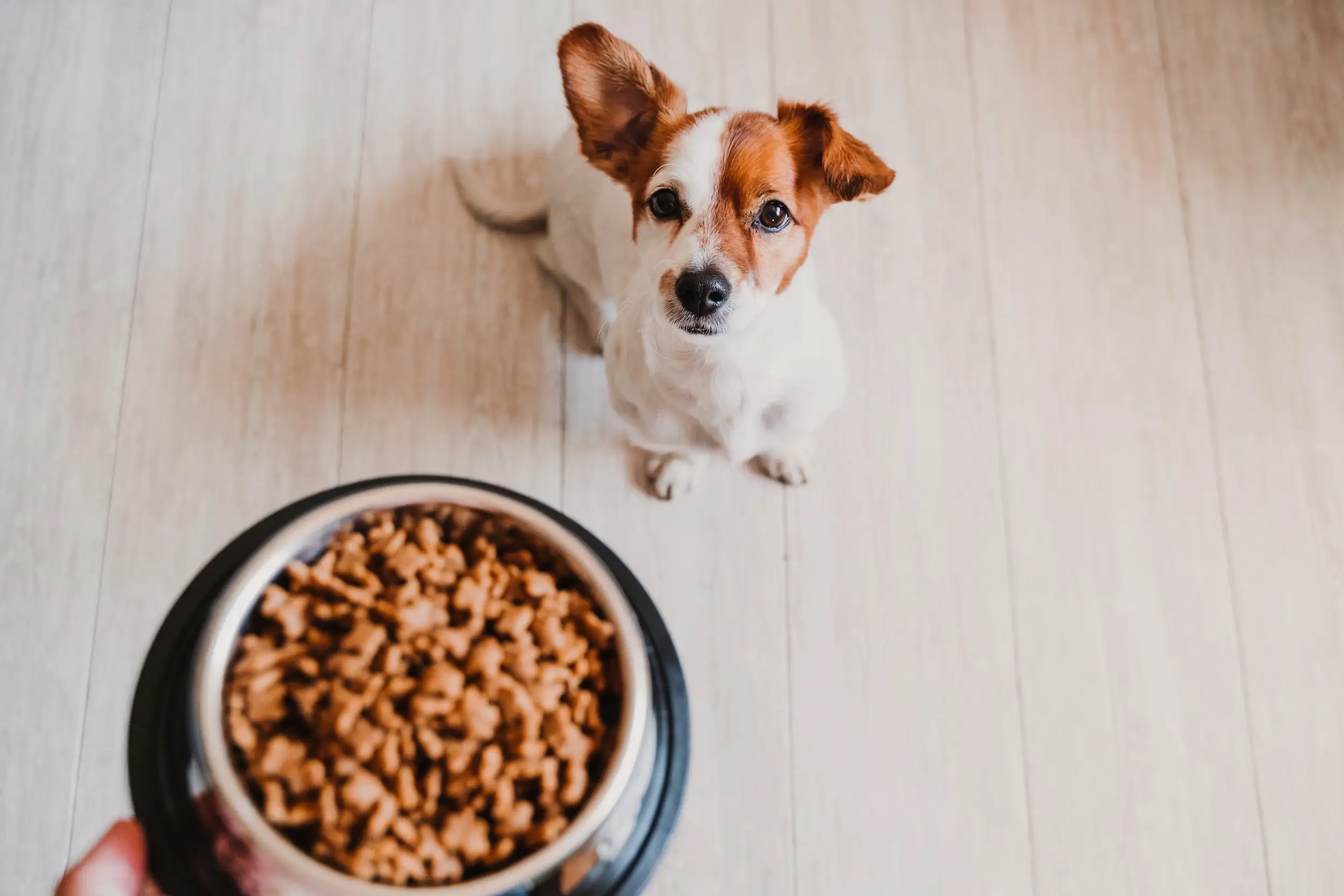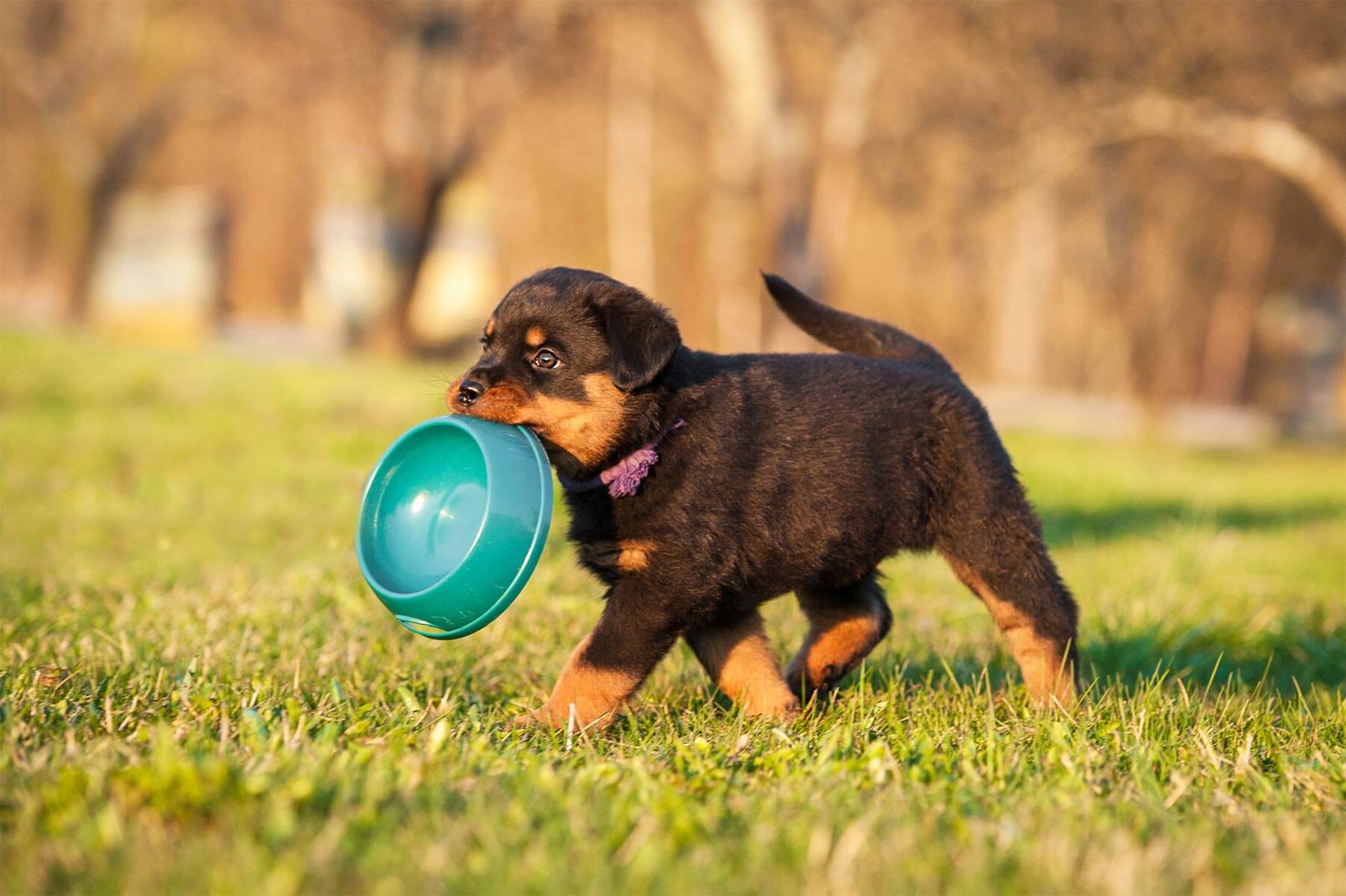Naju Pets | August 26, 2025

Congratulations on your new furry friend! Becoming a kitten parent is exciting, but it’s normal to have lots of questions, especially about food. Should you buy special kitten food or use what you already have for adult cats? Take a deep breath; you’re not alone, and you don’t need to panic. We’re here to give you clear, reassuring answers about kitten food, when to switch to adult cat food, and how to make feeding time easier.
What’s the Difference Between Kitten Food and Cat Food?
Kitten food is specifically formulated to support your kitten’s rapid growth and development. Adult cat food, however, is designed for maintaining overall health in fully grown cats. Here’s a quick comparison:
| Feature | Kitten Food | Adult Cat Food |
| Protein | Higher | Moderate |
| Fat | Higher (energy) | Lower |
| Calories | More per bite | Less |
| Texture | Often softer | Usually firmer |
| Nutrients | Added DHA, calcium | Maintains health |
In short, kittens need more of everything, and their food is designed to match.
Can Kittens Eat Adult Cat Food?
Ideally, kittens should not eat adult cat food regularly, especially within their first year. An occasional nibble won’t cause harm, but adult cat food lacks the nutrients necessary for healthy growth. If you run out temporarily, don’t panic, but try to avoid making it a habit.
What Happens If They Do?
Feeding kittens adult cat food regularly can lead to slower growth, weaker immune development, and potential digestive issues. Think of it like giving a toddler an adult meal—it’s not harmful in small amounts, but certainly not ideal.
When Can Kittens Eat Adult Food?
Most veterinarians recommend switching kittens to adult cat food around 12 months old. Larger breeds may benefit from staying on kitten food slightly longer. Transition gradually by mixing adult food into their kitten food over one to two weeks.
Tip: Watch for signs of maturity like slower growth, stable weight, and reduced energy bursts—these signal readiness for adult food.
Soft vs. Hard Kitten Food: What’s Best?
There’s no single “best” choice—it depends on your kitten’s age, dental health, and preferences.
Soft (Wet) Food Benefits
- Easier for small or weaning kittens to eat
- Better hydration due to higher moisture content
Typically more appealing flavor-wise
Hard (Dry) Food Benefits
- Usually more affordable
- Convenient for feeding
- Can help with teething and promote dental health
Many kitten parents find a mix of both wet and dry food ideal—wet food offers hydration and flavor variety, while dry food provides convenience and dental benefits.
Is Kitten Food Bad for Adult Cats?
Kitten food isn’t harmful for adult cats, but it’s not ideal due to higher calories and fat, which can lead to weight gain. Occasional bites are fine, but it shouldn’t become their primary diet. If you have multiple cats, consider feeding kittens separately.
How to Choose the Right Kitten Food
Choose a food labeled “Complete and Balanced” for kitten growth. Avoid generic “all life stages” options unless specifically recommended by your vet. Consider brand reputation, vet advice, and your kitten’s taste preferences.
- Check for DHA and omega-3s
- Avoid fillers and artificial colors
- Ensure your kitten enjoys eating the chosen food
Final Thoughts: Feed with Confidence
You’re doing your best,and that’s what matters most. Remember:
- Kitten food provides essential growth nutrients and calories
- Transition around 12 months
- Mixing wet and dry foods is beneficial
Still have questions about feeding routines or transitioning foods? Our team at NaJu Pets is always happy to help, especially during boarding or grooming visits, when routines matter most.
FAQs from New Kitten Parents
Q: Can 7-week-old kittens eat dry food?
A: Some can, particularly if moistened, but wet food is typically easier at this age.
Q: Should I leave dry food out overnight for my kitten?
A: Yes, if your kitten grazes, but make sure it’s fresh and their total daily intake is adequate.
Q: Do kittens prefer cold or warm wet food?
A: Most prefer room temperature food. Slightly warming refrigerated food can encourage picky eaters.
Q: How many times a day should my kitten eat?
A: Young kittens typically need 3–4 small meals daily until around 6 months old.


